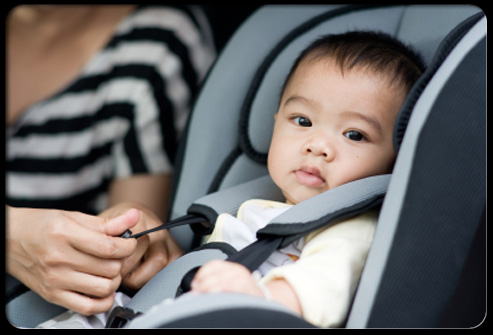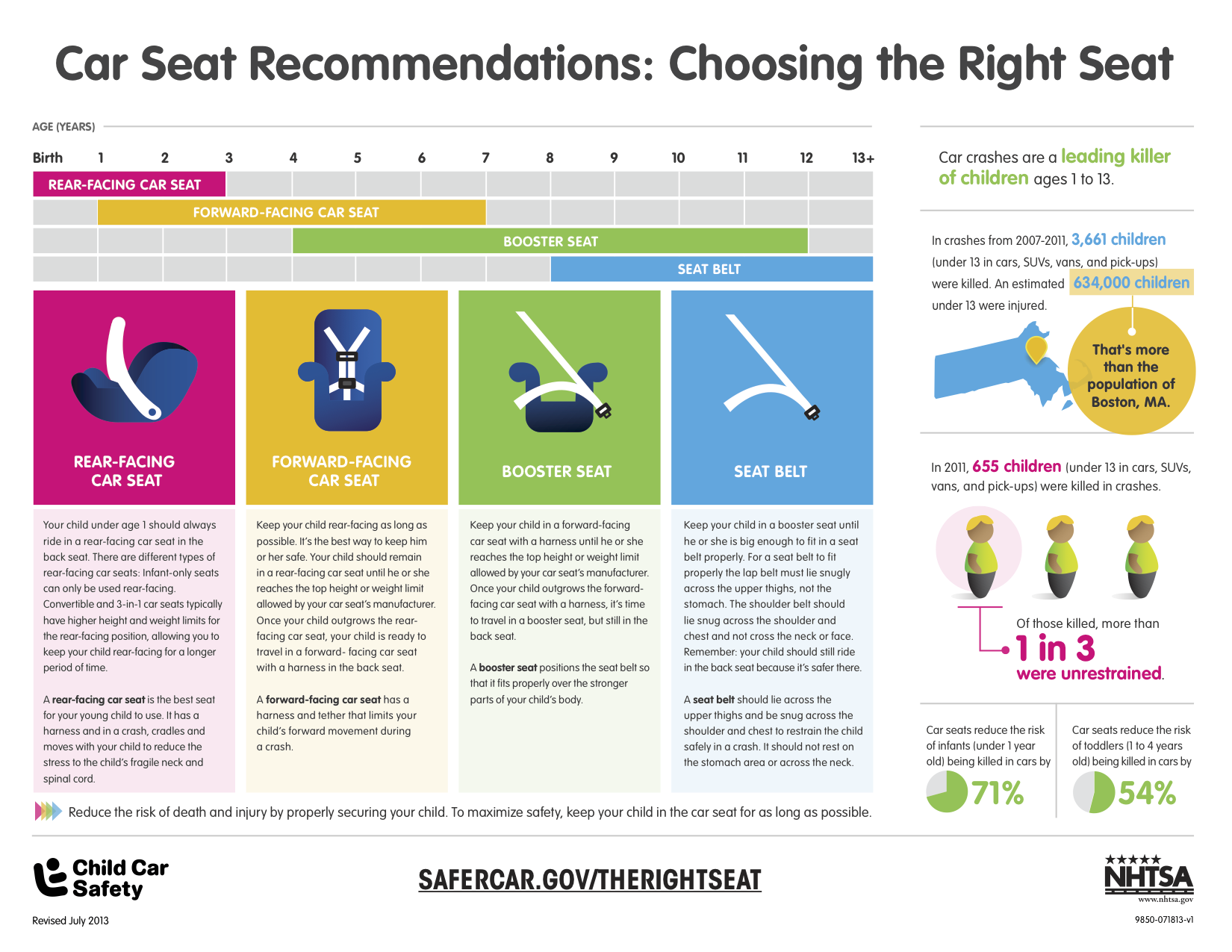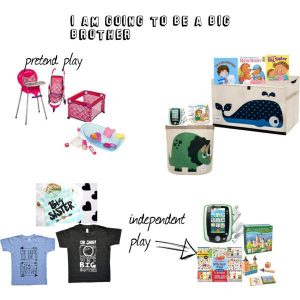
The Most Common Mistakes Parents Make That Can Be Deadly
Hi Loves! I hope everyone is having a good week! From the moment you become a parent, you are bombarded with rules and guidelines you should follow to ensure your child’s safety. Some of the these rules are easy to follow, some are definitely more challenging. As parents, we all have the best intentions of doing what is right for our children and keeping them as safe as possible. However, we have all been put in a position where we do something that we wouldn’t normally do to diffuse a situation or to soothe our hysterical child. So today, I thought I would go over some of the most common mistakes parents make which can end up being deadly.

Positioning our infant’s car seat facing forward before the recommended age of 2 years old. As Pediatricians, we recommend that when a child has colic or is fussy to try driving them around. There is something about the vibrations of the car that is soothing to a crying infant. Unfortunately for me, my daughter, Charlee despised the car. She would scream and cry from the minute you put her in until the minute you took her out. I contemplated facing the car seat forward because I knew it would alleviate her stress. Of course I didn’t, and here are the reasons why:
The bones that protect the spine, the vertebrae, do not fuse until three to six years of age. This is why rear-facing car seats are so important. It gives more support and protection to the underdeveloped vertebrae and spinal cord. A forward facing child has a greater chance of damage to the spinal cord when their head and neck whip forward and back in a crash. AAP advises parents to keep their toddlers in rear-facing car seats until age 2, or until they reach the maximum height and weight for their seat, which is usually 35-40 pounds. In fact, some states have recently created laws which require your child be a certain weight or age to use a forward facing car seat. Please check your state or local laws to be sure you are complying!

The improper use of a booster seat. My son Mason is five and has started to ask me if he can have a booster seat like his buddies. Honestly, I have my reservations because I know that if a booster does not fit properly, it can actually cause more harm in a car accident. If you have your child in a booster seat, it is imperative that the seat belt is closely secure across the chest and not anywhere near your child’s neck. The combination of a belt around a child’s neck and the force of a car accident is often a deadly combination. There are many forward facing car seats that are designed to look less like a car seat but ensure the seat belt is positioned properly. If you are going to use a booster seat, please make sure the belt is secure at your child’s chest and that the bottom portion of the seat is level with your child’s hip/upper leg area. If the strap is around the belly rather than the waist, the force the the accident can cause internal organ damage. Also please make sure to keep your child in a booster seat until the recommended height of 4 feet 9 inches.

Cooking on the front burners. We see so many burn injuries in the ER that could have been prevented. When cooking with toddlers in the house, you should never use the front burners. Cooking on the back burners with the handles facing towards the back of the stove almost eliminates the chance of a small child reaching up for the handle and pulling the pot or pan down.
Placing a small infant in the middle of the bed to take a nap. Infants are able to move and roll as earlier as three months. We see many cases of head injuries in the ER, because parents underestimate how mobile their child is. Please make sure that if you are unable to supervise your baby at all times that you place them in crib or device that ensures that the or she can not fall.
Overestimating your child’s ability to swim. Growing up in Florida, we start giving our children swimming lessons very early on in life. I know a lot of families that have started as early as 6 months old. However, the American Board of Pediatrics does not recommend formal swimming lessons for children under the age of one or water-survival skills programs for infants. Although the infant water-survival skills make compelling videos for the internet, there is no scientific study that these classes are effective. Children are not able to learn to swim until the age of three. But does this mean your child should not have swim lessons until the age of 3? NO! Every child develops different and if your child shows interest and is emotionally ready then you should give them lessons. However, it is important to understand that no matter how well they swim, they can panic and forget their skills within seconds. Any swimming child that is under the age of four must be within arms length of an adult at all times. For more information please visit https://www.aap.org/en-us/about-the-aap/aap-press-room/Pages/AAP-Gives-Updated-Advice-on-Drowning-Prevention.aspx
I know this article contains serious information but it is so important to read and understands the dangers that exists. I hope this helps with your journey. See you next Wednesday!
Photo credits:
http://safety.lovetoknow.com/Kitchen_Hazards
http://parentingpatch.com/car-seat-recommendations-choosing-the-right-seat/
http://www.which.co.uk/baby-and-child/baby-transport/guides/how-to-fit-a-child-car-seat/signs-that-your-child-car-seat-is-wrong/
http://www.medicinenet.com/mistakes_new_parents_make_pictures_slideshow/article.htm




